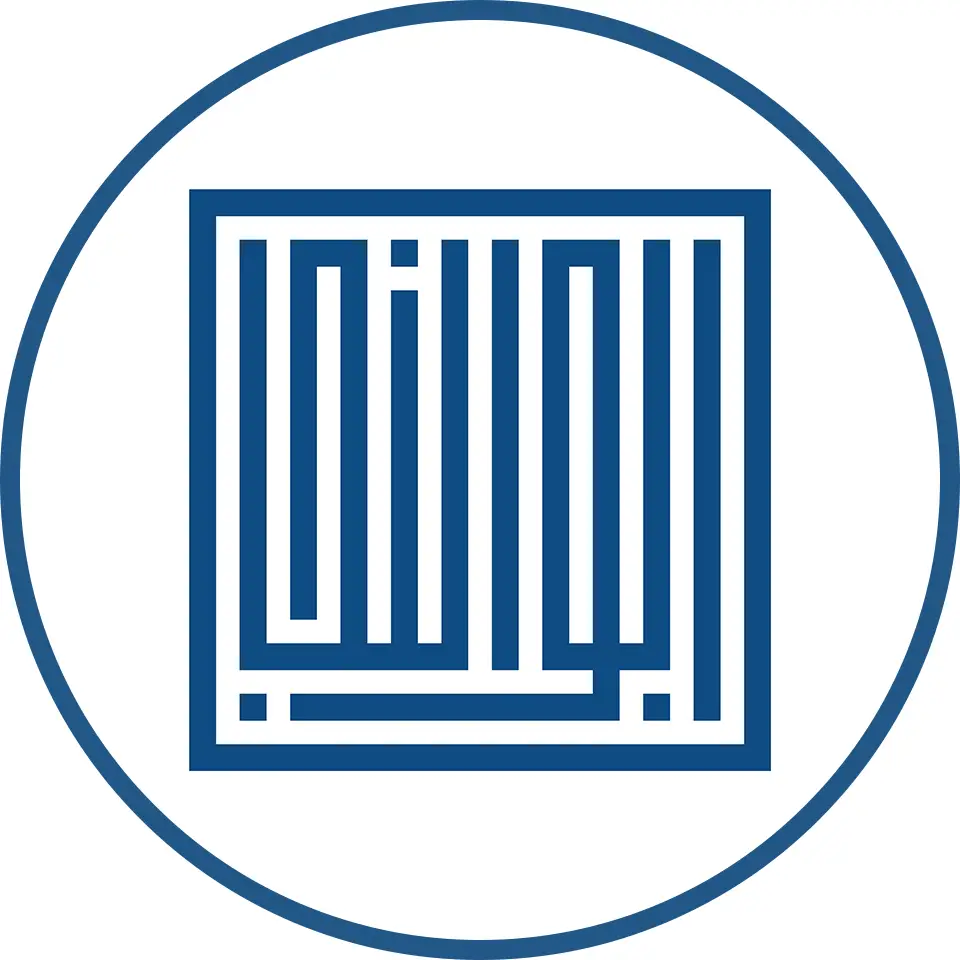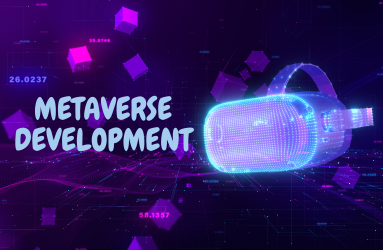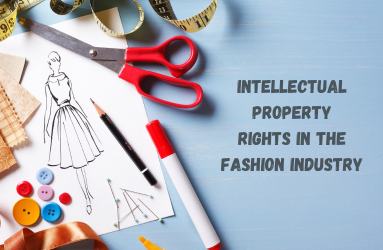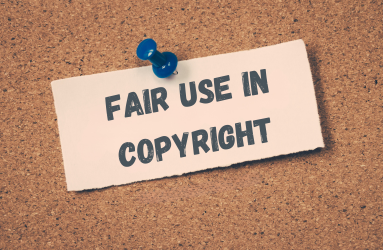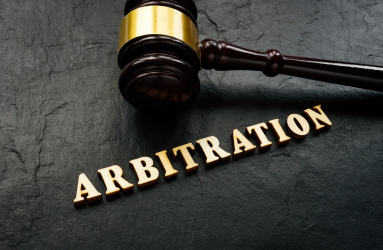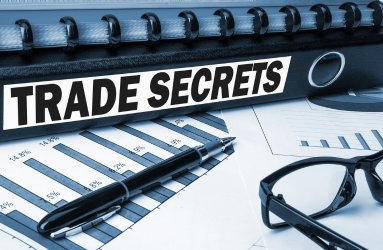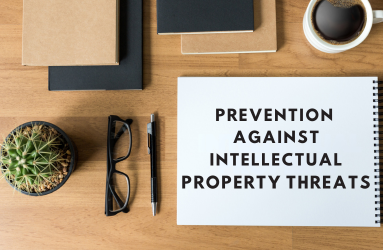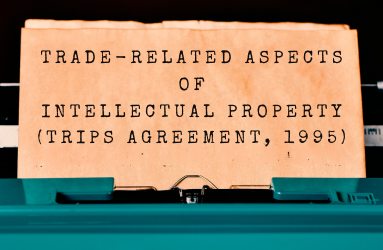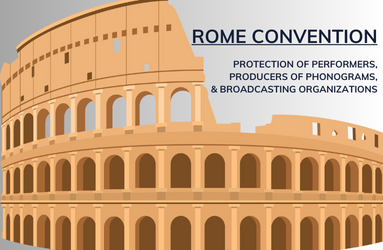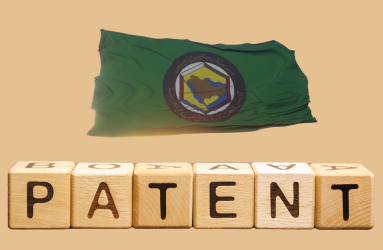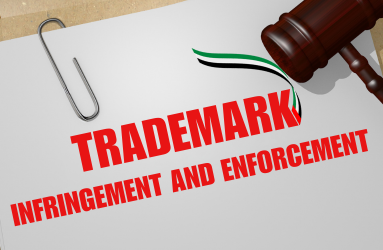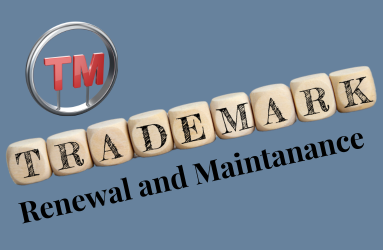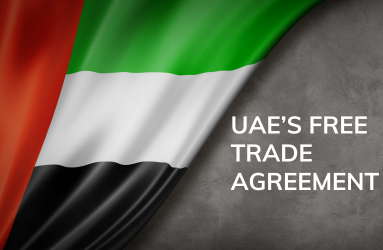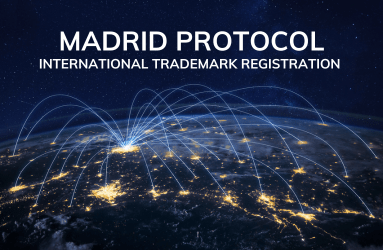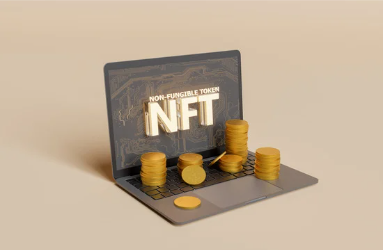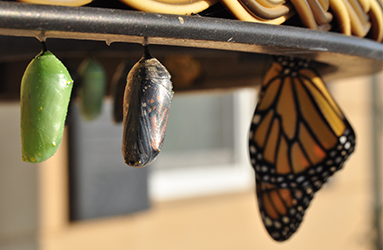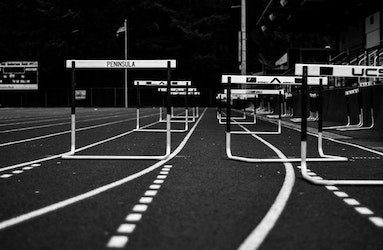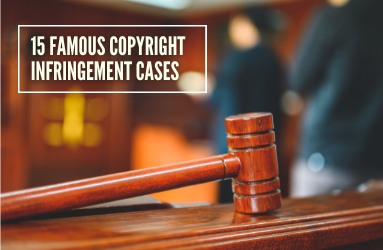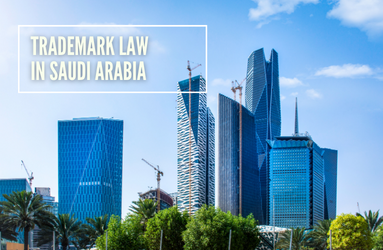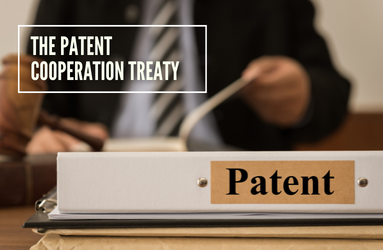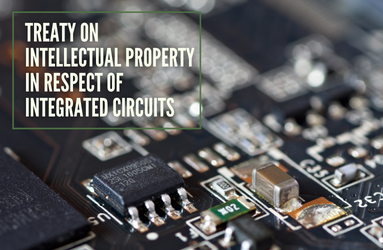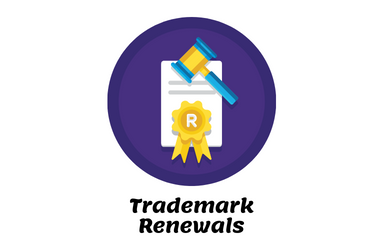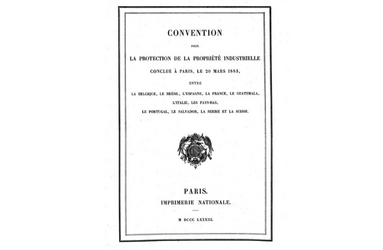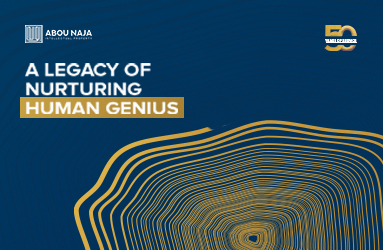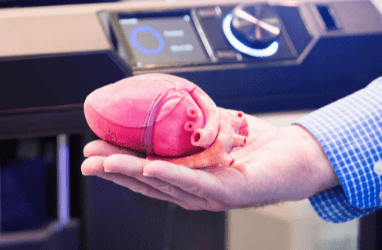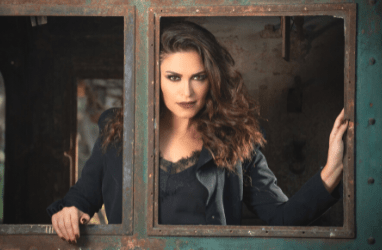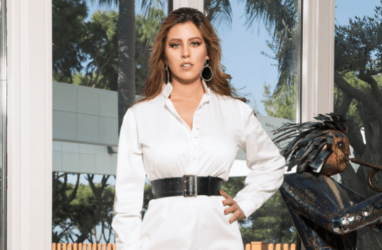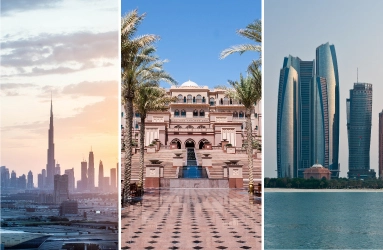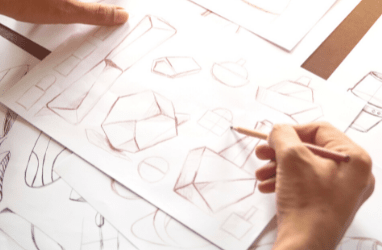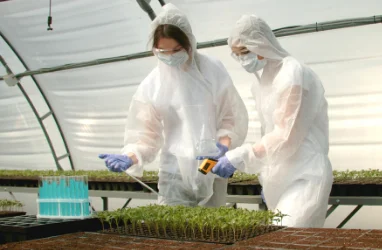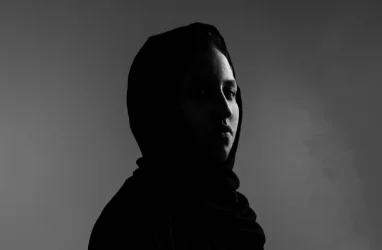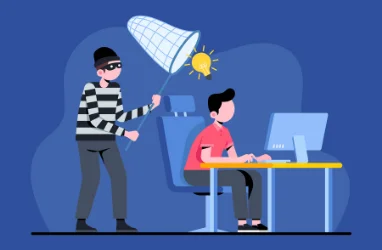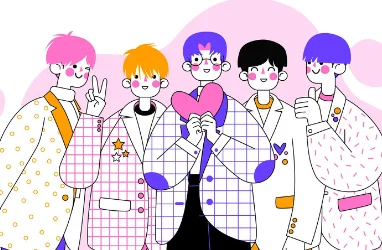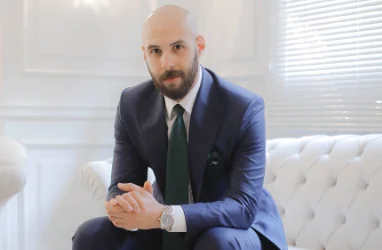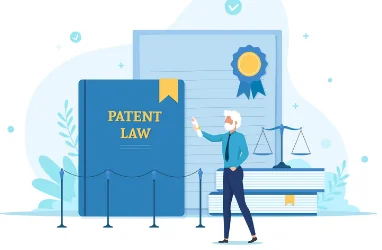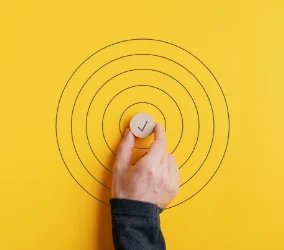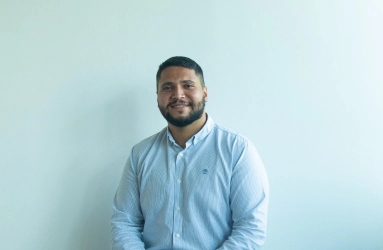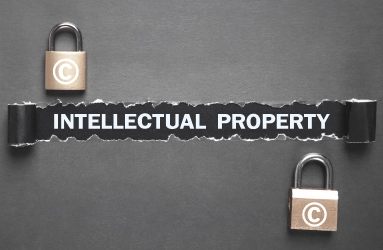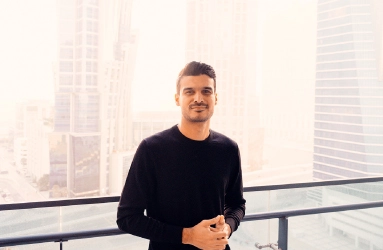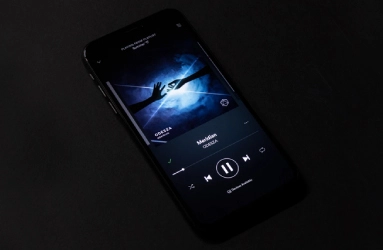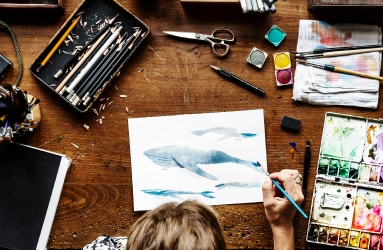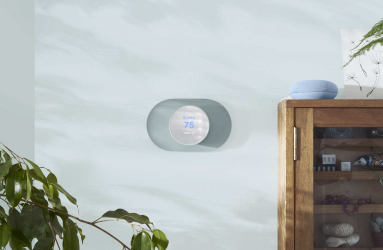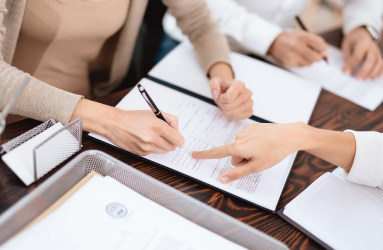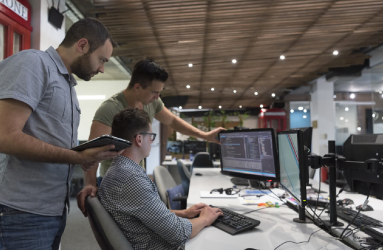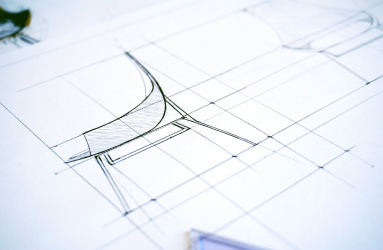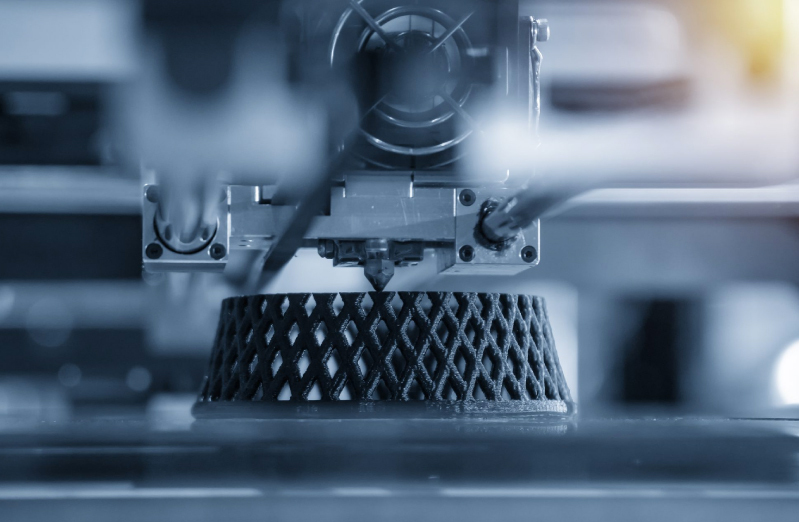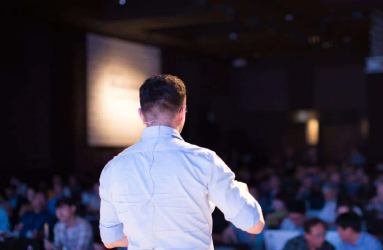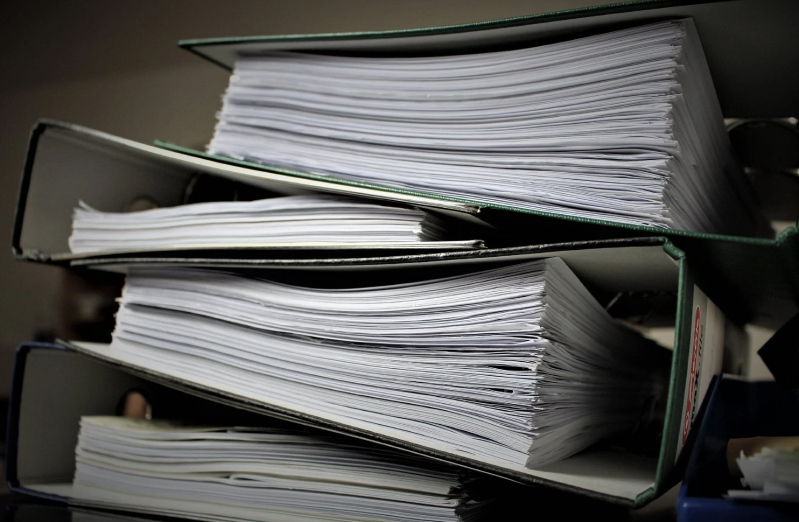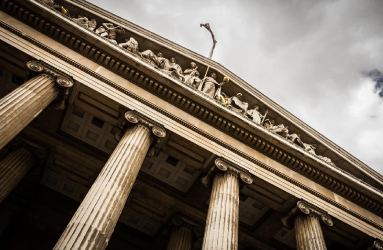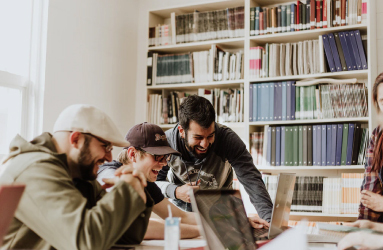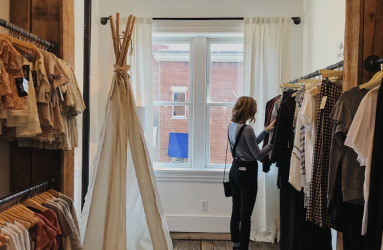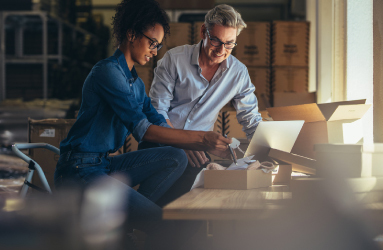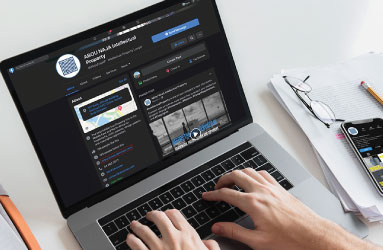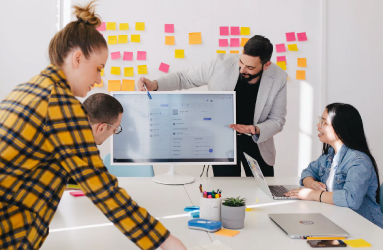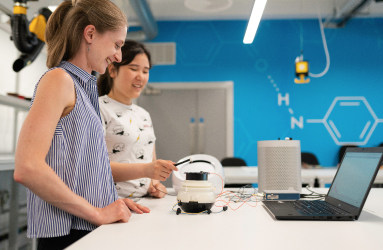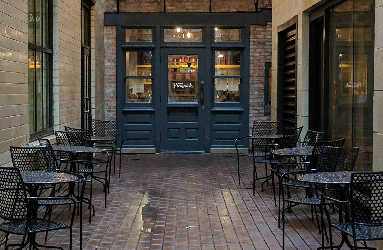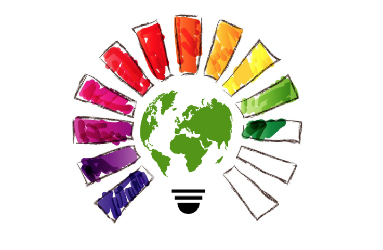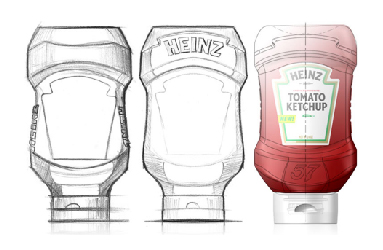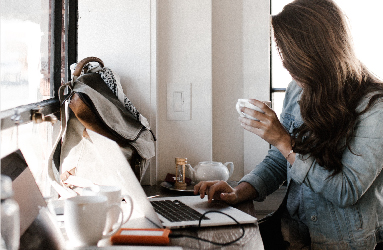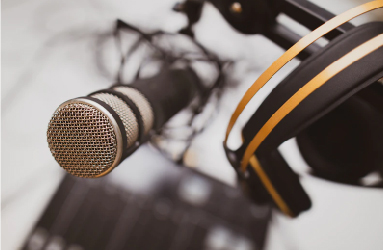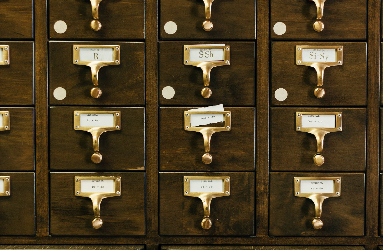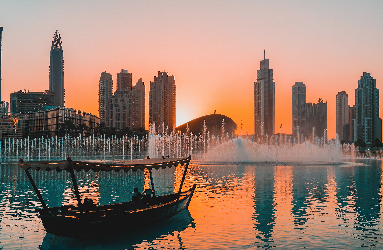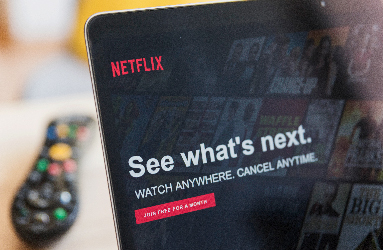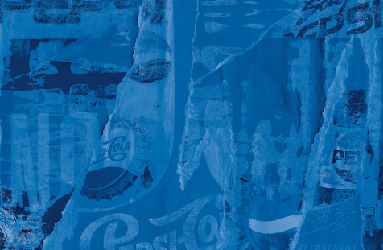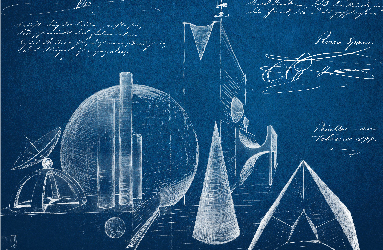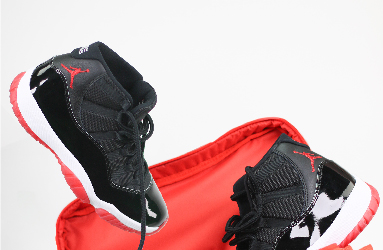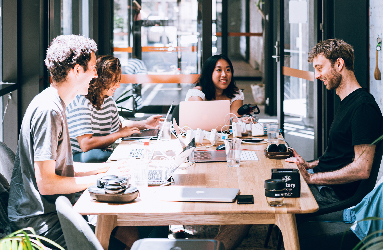ABOU NAJA Talks: Leila Al Aouf Talks Journalism, Podcasting, And Protecting Your Intellectual Property
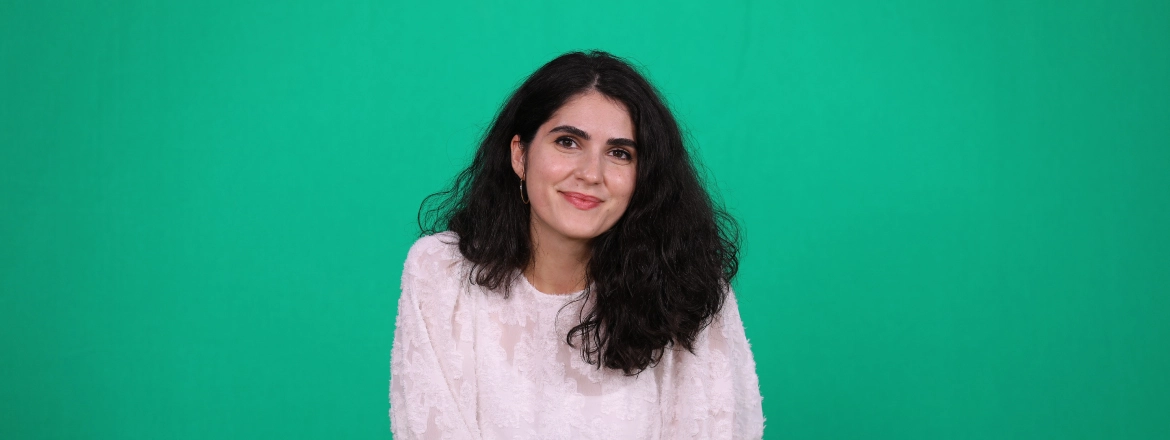
In a world of unlimited content, how do you present new ideas, stay passionate, and protect your brand? We recently caught up with journalist, feminist, and podcaster Leila Al Aouf to gain her insights on journalism and intellectual property.
A journalist, producer, and podcaster from the Middle East, the multi-talented French/Syrian professional is a jack of all trades. Over the last few years, she’s used her multiple skills to her advantage, making the big jump from writing to radio and podcasting. She’s now managing a Pan Arabian radio station in the UAE, and writes and produces her own podcast, Anwa3.
Anwa3, which tackled gender issues in Arabic, began shortly after Leila moved to Dubai, and it was the push she needed to make a career change.
“It opened doors to me and I started considering seriously switching from written to audio journalism,” shared Leila to the ABOU NAJA team. “I had the chance to start as a producer and evolved quickly as radio manager thanks to the trust of my directors.”
Intellectual property is not only a legal question, it is also related to values and morals.
From Writing to Podcasting
It wasn’t easy to start from scratch. Not only did she have to go back to square one after shifting from written to audio journalism, but she’d also just moved to a country she barely knew without any connections.
“Networking is the key point. I don't come from a family that was already in the industry, and I had to create my own network. It is a long process, but it is worth it,” said Leila.
Networking is not just about having connections, it gives you a better understanding of the industry, the opportunity for potential collaborations, and sharing and creating new ideas. Ideation is a core part of her career as an audio journalist, and it’s her favorite part of the job.
“It is a very stimulating process that needs creativity and a high understanding of our audience's expectations. The creation and conceptualization process is the one that brings most freedom,” shares Leila.
There are a lot of ideas in store for the journalist, including upcoming live shows and a podcast project that will involve sensitive societal topics. She has already launched two live shows with two of the biggest influencers in the MENA region, and she’s also got a new podcast out called Sharaf (an honor in Arabic) with Akhbar Alaan that bravely discusses the realities of sexual violence in the region.
Challenges of Branding and Journalism
In the media industry, it’s always a challenge to balance your passion with your audience as the two might not always agree. For a radio journalist like Leila, it’s a matter of balancing the expectations of your audience with your own goals and perspective.
“All of us come with personal projects and ideas, but at the end of the day and no matter how amazing this idea sounds to you, if it is not fitting your audience's profile, your project will fail,” explains Leila.
Thus, nowadays, the goal is to meet your audience halfway so you can still do your duty of informing and entertaining them, but in a way, that’s easy for them to digest. That’s where social media comes to play. No platform can exist without social media, which is something that the radio industry has had to adapt to and a challenge Leila is also taking on.
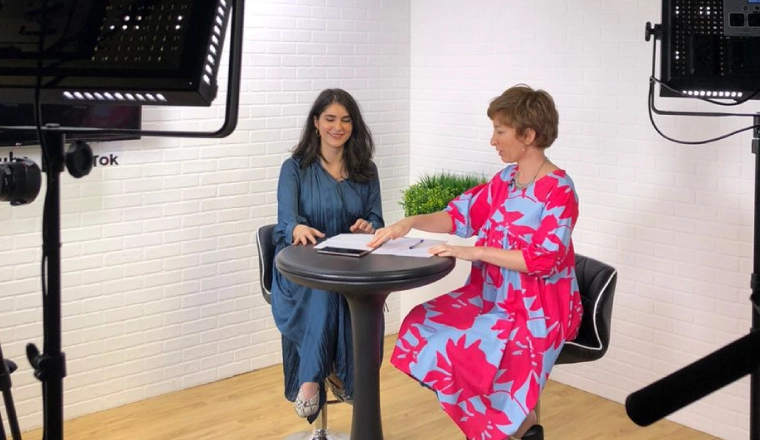
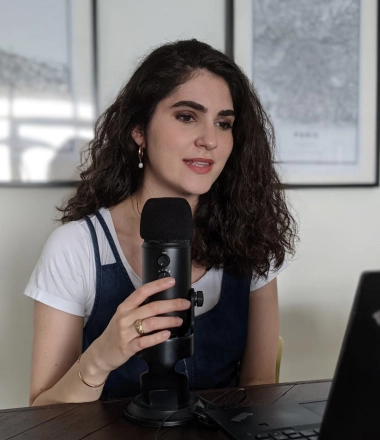
Advice to Budding Journalists
As for her advice to budding journalists who look to her for guidance, Leila has a number of lessons to impart.
First, don’t be an aimless journalist reporting day in and day out without a sense of purpose.
“Enter journalism with a specific interest, with a goal,” advises Leila. “Don’t believe in people who tell you journalism should be neutral. The greatest journalists are never neutral—they hold causes, but with integrity and honesty.”
Aside from being strong in your beliefs, she also suggests that you shouldn’t be afraid of admitting you need help. In some cases, it could be the bravest thing you could do.
“Don't be ashamed to seek help and ask frankly for opportunities. In the worst case, people will refuse to help you, [and] best case, you'll have a great experience,” said Leila.
Protecting Intellectual Property
With all the effort she’s put into ideation and branding, it’s no wonder that Leila takes copyright infringement and intellectual property seriously, as all professionals should these days.
It’s a sad fact that many content creators deal with copyright infringement on a daily basis. You’d be hard-pressed to find a content creator who hasn’t been a victim of stolen ideas. It’s happened to Leila enough times that she’s realized that far too many people hide behind the excuse of “nobody owns an idea.”
“It means that any other podcaster or journalist can take from you an idea that you expressed or heard about without feeling guilty about it,” shares Leila. They can essentially get off on a technicality.
“Personally, I would never be able to take an idea/concept that is under process somewhere else. Thankfully, I work in a place where we take very seriously intellectual property. We send agreements for the smallest and most common procedures to the point that we may annoy some of our partners. But, at least we are always on the safe side!” says Leila Al Aouf.
Not everyone is as considerate and cautious as Leila Al Aouf and her team, and this all boils down to another point the journalist makes: “Respecting intellectual property is a value,” not just a technicality.
Failing to respect intellectual property will also hurt your brand and reputation more than it will help it. If you work in a small industry where everyone knows each other, infringing on someone’s copyright could make you lose potential clients and destroy the company image you’ve worked so hard to build, says Leila.
But not everyone realizes the consequences of stealing ideas and content. This is why there are laws and companies in place that work on protecting intellectual property. And according to Leila, “Spending money on intellectual property is always cheaper than spending money in court.”
For more on Leila Al Aouf, you can follow her on Instagram and tune into her podcast on Spotify.

